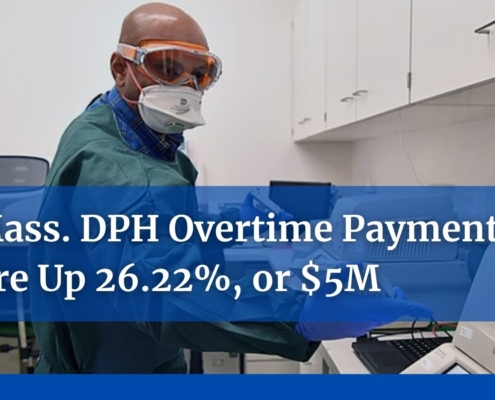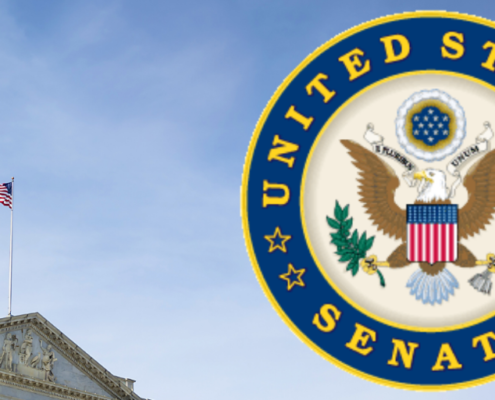New Report: Quality Adjusted Life Years (QALY) Methodology Discriminates Against Older Americans, Threatens to Deny Seniors Access to Life-Saving Care
Pioneer Institute Asserts that with Older Americans More Vulnerable during the COVID-19 Pandemic, All Health Plans Should Avoid Using the QALY Methodology When Assessing the Value of Care for Older Patients
Boston, MA (April 2, 2020) – Today, Pioneer Institute released a new report, Quality Adjusted Life Years (QALY): The Threat to Older Americans, which examines how the QALY methodology to determine drug treatment value threatens to discriminate against older adults by placing a lower value on treatments that would extend the life of or improve quality of life for older patients. This clear bias against providing access to therapies to seniors comes at a critical and especially vulnerable time for older Americans given the coronavirus disease (COVID-19). Authored by Pioneer Institute Visiting Fellow in Life Sciences, Dr. William Smith, the report concludes that the QALY methodology, utilized most notably by the Institute for Clinical and Economic Review (ICER), has the potential to deny seniors’ access to high-quality, life-saving treatments.
QALYs rate medical treatments according to their ability to extend life and to improve the quality of life. Pioneer Institute’s report explains how the QALY method of assessing the value of medicines is inherently discriminatory and ageist, as it will consistently rate treatments for older Americans as less cost-effective than for younger people. The report explains:
“Treatments that provide more ‘life years’ will be rated as ‘more effective’ under QALY, which superficially sounds commonsensical unless you realize that this standard will, by definition, be used to argue that drugs for senior citizens with shorter life expectancies will be rated lower than drugs for younger people.” (Pg. 1)
Pioneer Institute’s report explores how the use of the QALY methodology would specifically affect those receiving palliative care. While palliative care treatments may significantly improve the quality of life for patients with a serious or life-limiting condition, they often do not extend it. The report illustrates how the QALY methodology contains inherent bias when applied to palliative care:
“Palliative care highlights the problem of using the QALY methodology generally: not every decision made in healthcare should be justified solely based on cost-effectiveness. Human beings make value judgments about how to care for their fellow human beings…These formulas themselves are based upon certain value judgments that human life is less valuable than many Americans think.” (Pg. 3)
Pioneer Institute’s report warns that federal policy proposals that consider the use of QALYs to make treatment access decisions, such as “Medicare for All,” could have disastrous consequences for American seniors. The report concludes:
“Senior citizens who become enrolled in a Medicare for All plan and are then denied valuable treatments based upon a QALY cost-effectiveness review might not share ICER’s view on the value of QALYs. Not only is ICER’s modeling of the value of longevity flawed, they also de-value treatments such as palliative care that are extremely important to older Americans and their families but may not increase longevity.” (Pg. 3)
Read a one-page fact sheet on the report.
###
About the Author
William S. Smith is Visiting Fellow in Life Sciences at Pioneer Institute. He has 25 years of experience in government and in corporate roles, including as vice president of public affairs and policy at Pfizer, and as a consultant to major pharmaceutical, biotechnology and medical device companies. He held senior staff positions for the Republican House leadership on Capitol Hill, the White House, and in the Massachusetts Governor’s office. He is affiliated as research fellow and managing director with the Center for the Study of Statesmanship at The Catholic University of America (CUA), where he earned his PhD.
About Pioneer Institute
Pioneer Institute is an independent, non-partisan, privately funded research organization that seeks to improve the quality of life in Massachusetts through civic discourse and intellectually rigorous, data-driven public policy solutions based on free market principles, individual liberty and responsibility, and the ideal of effective, limited and accountable government.
Get Updates On Our Life Sciences Work!
Related Posts:











